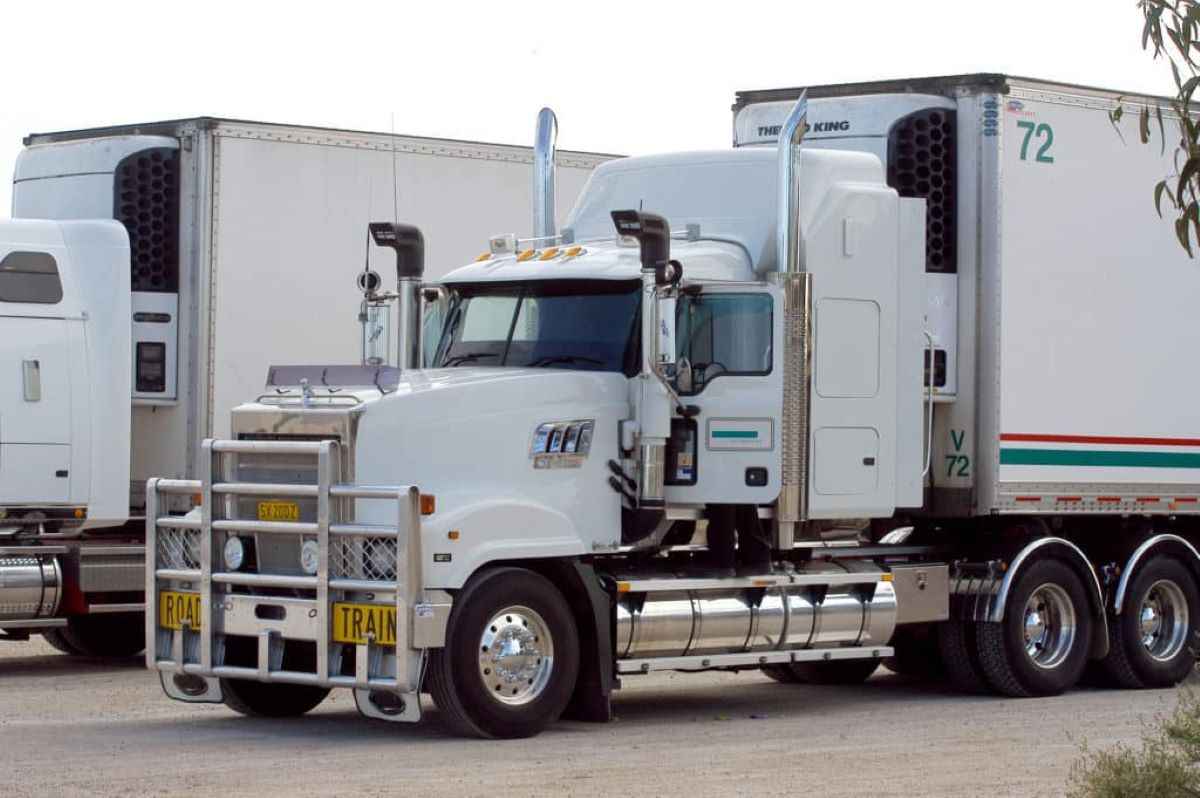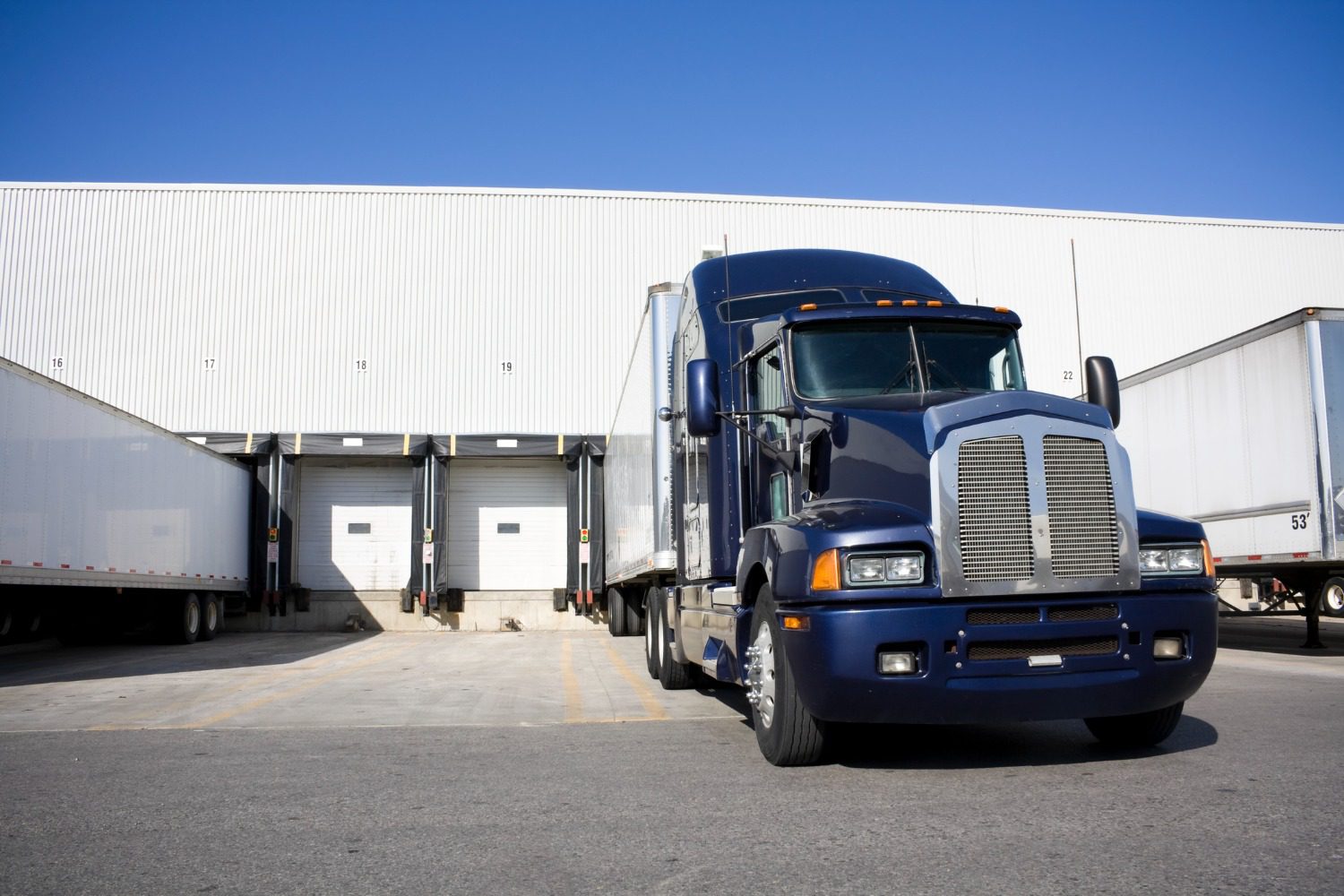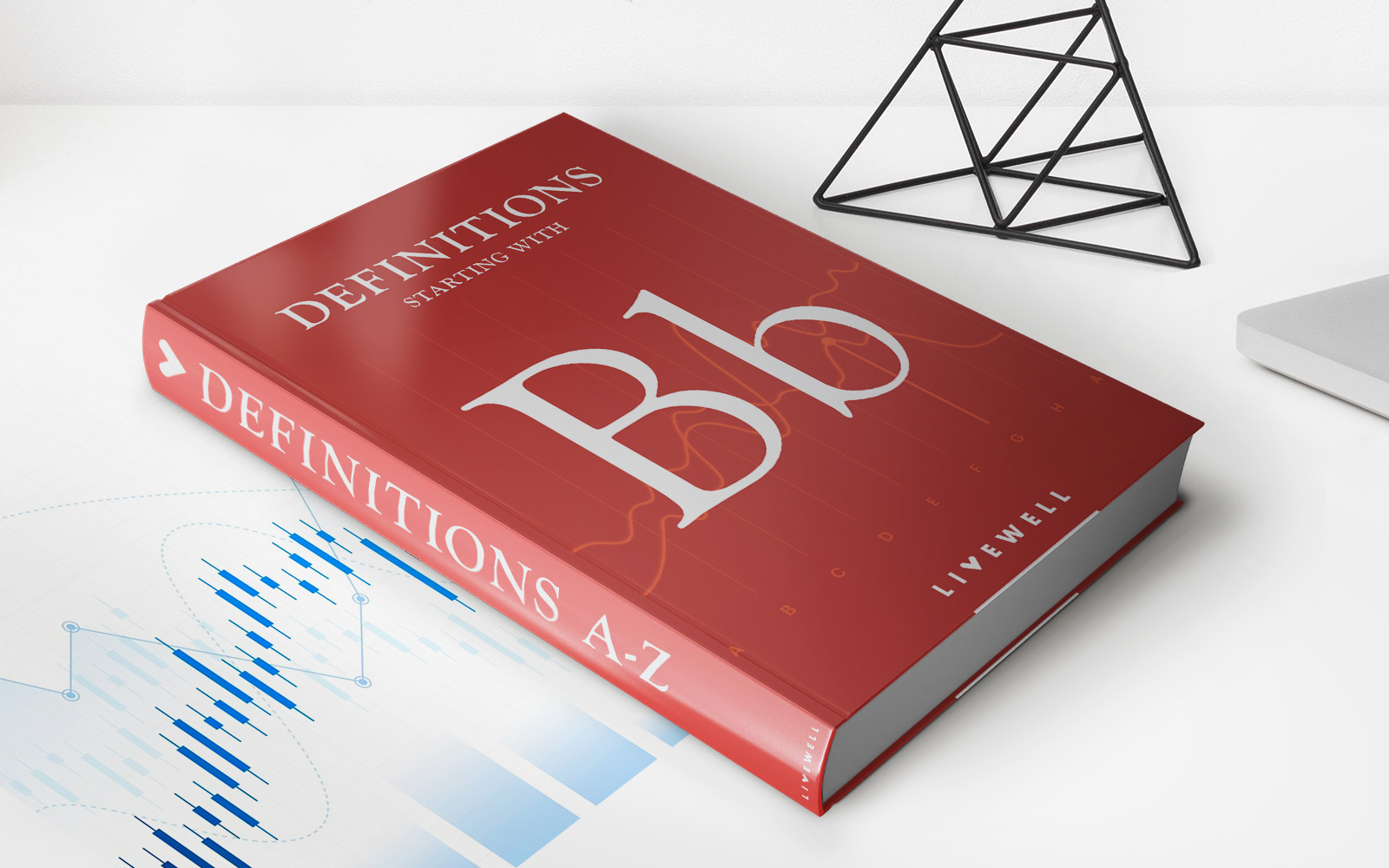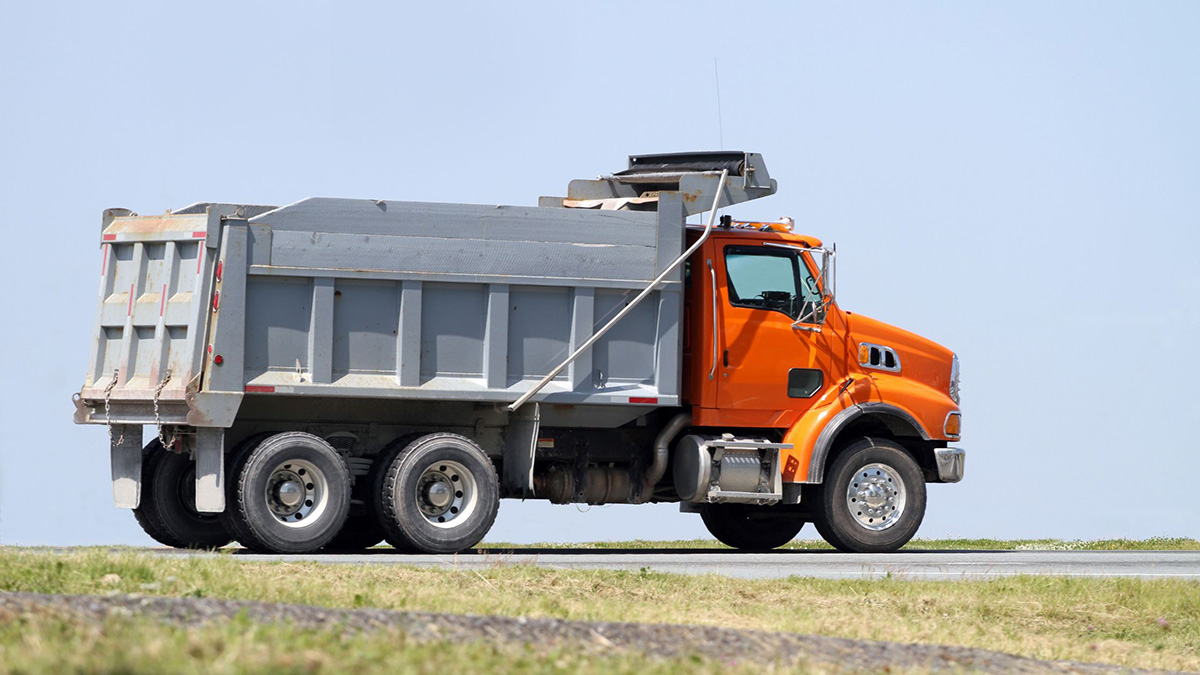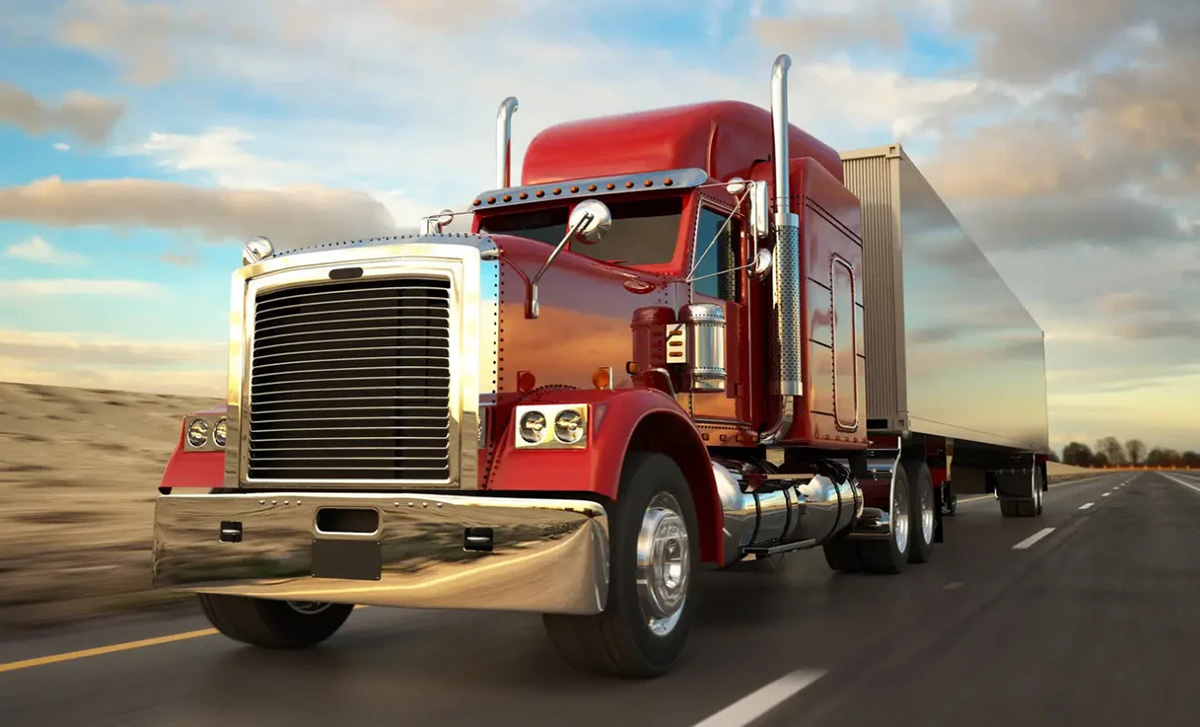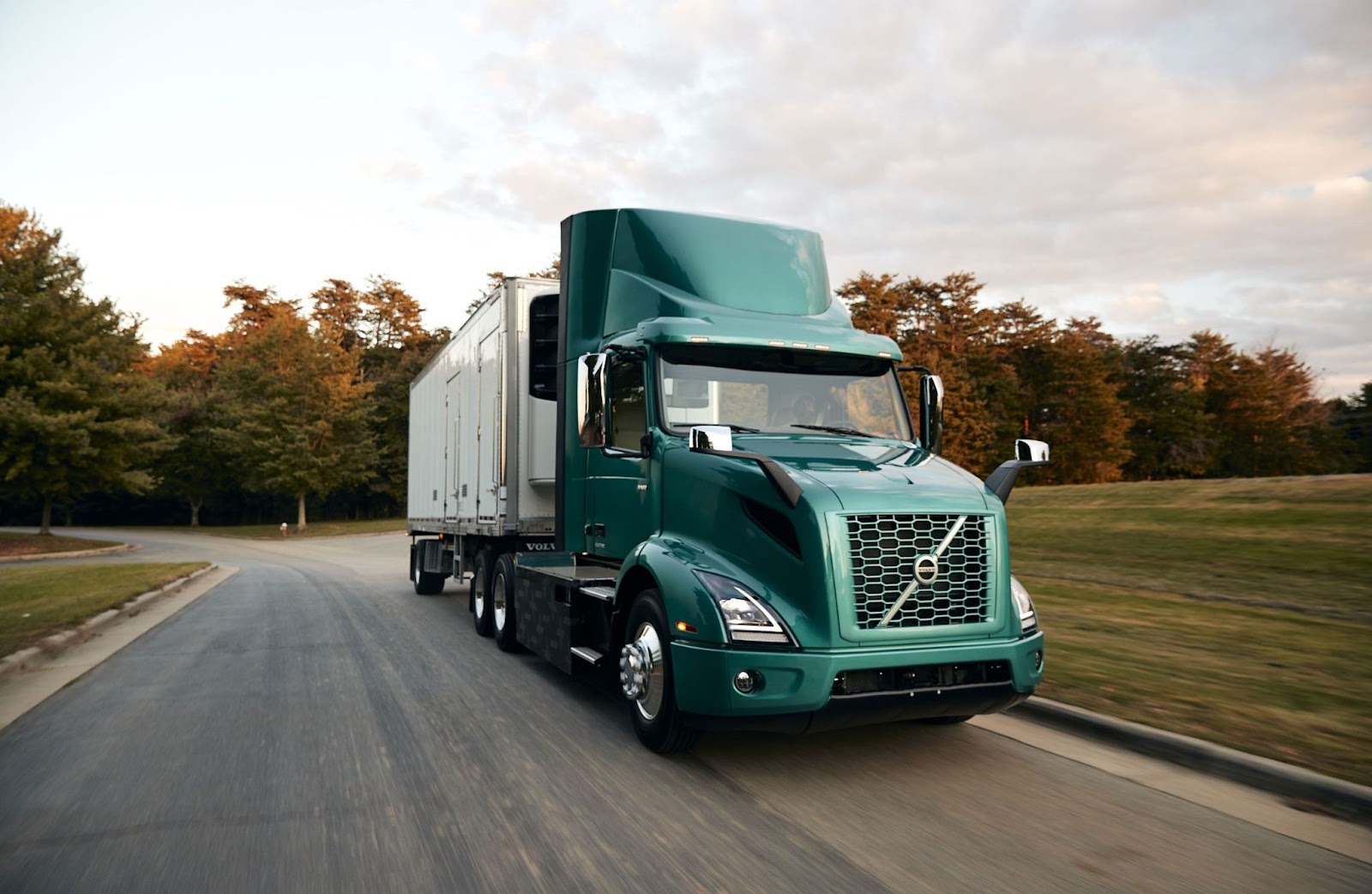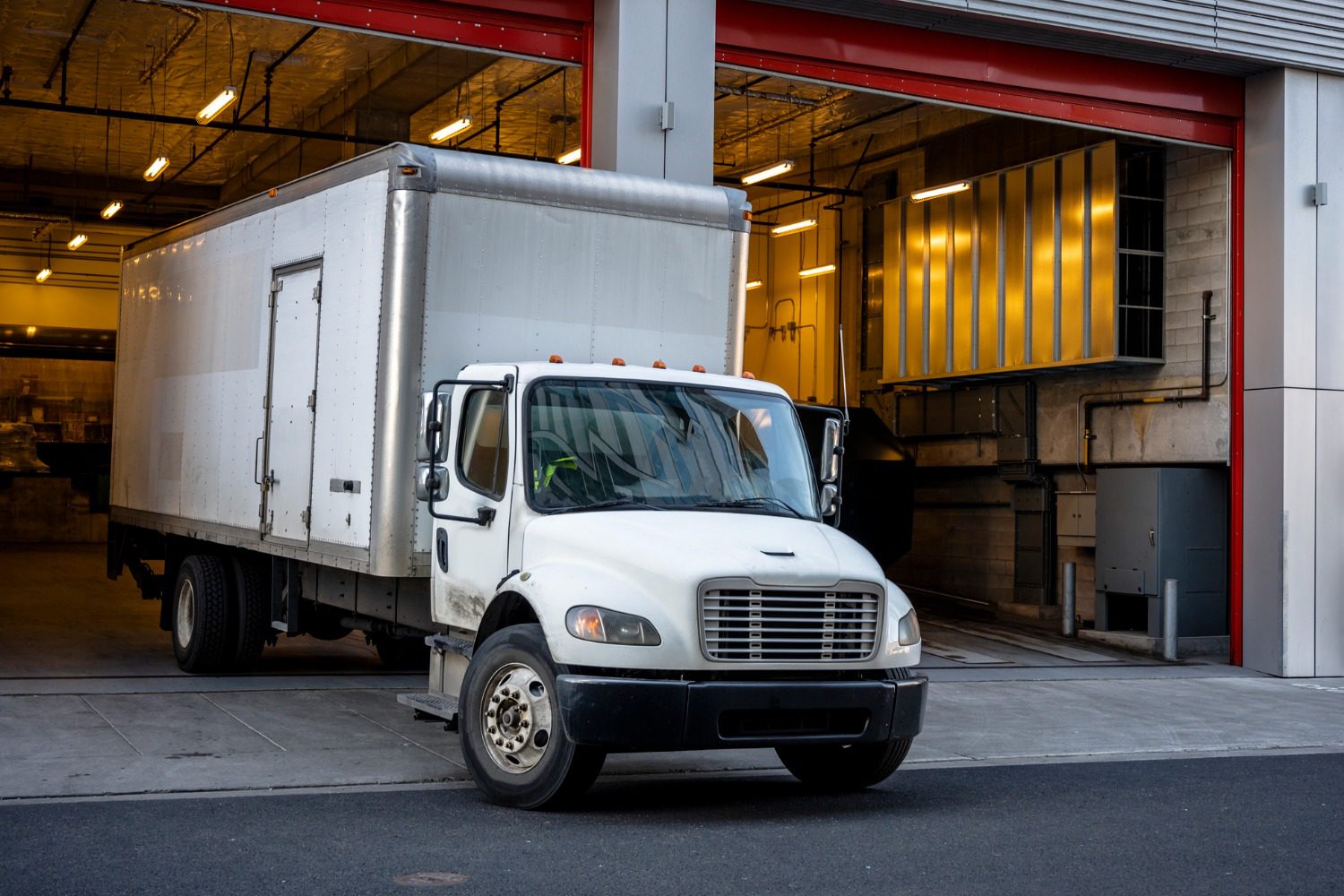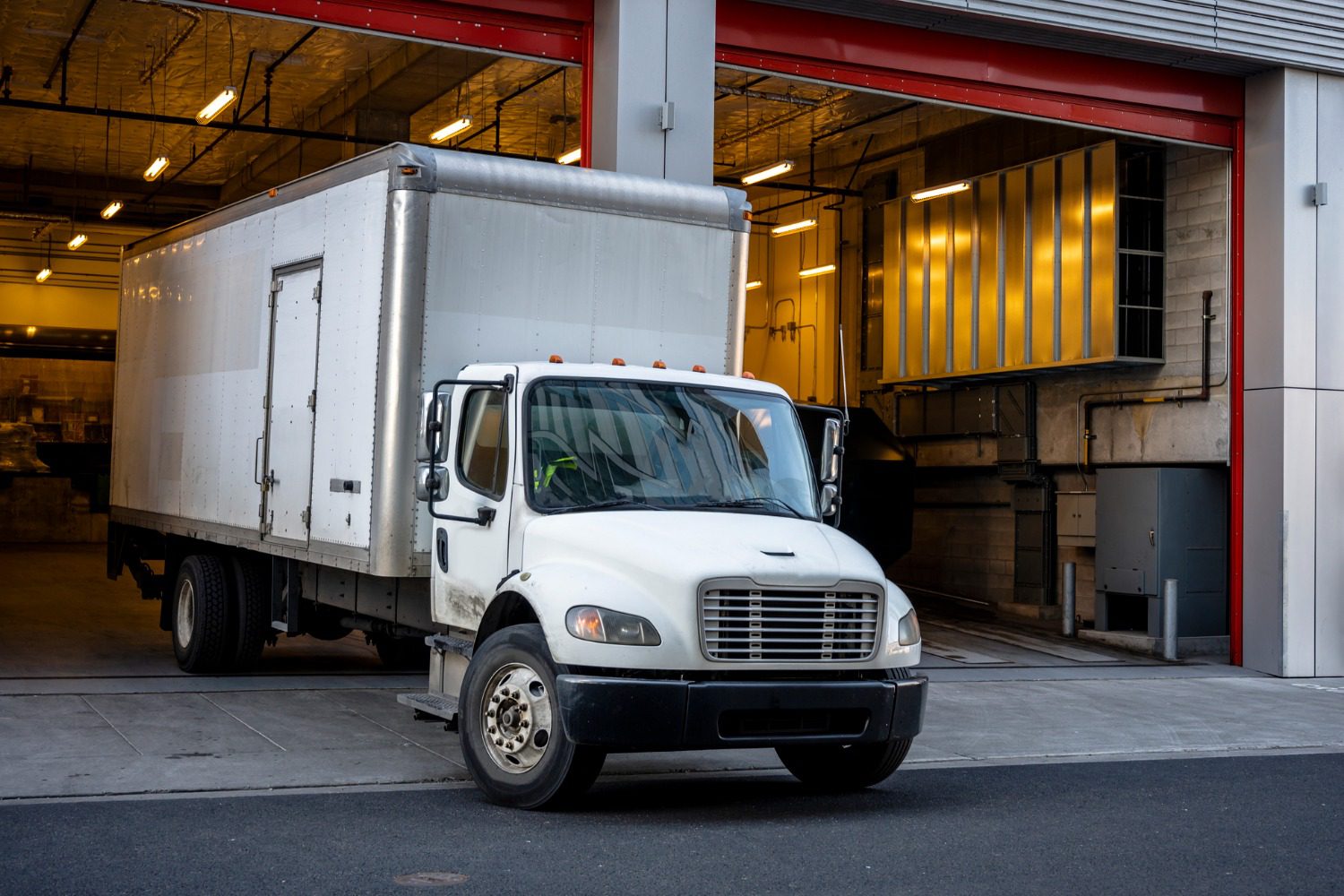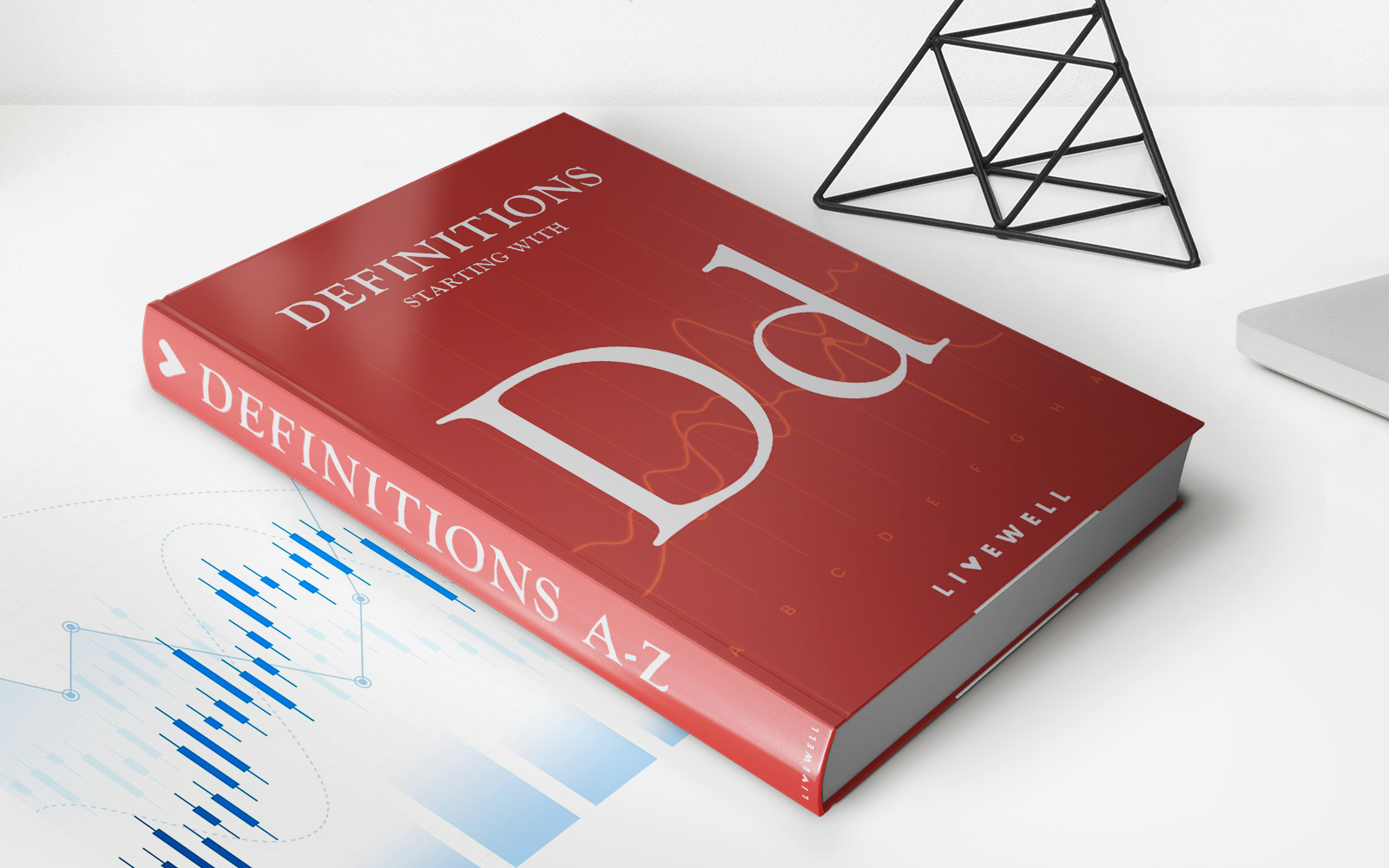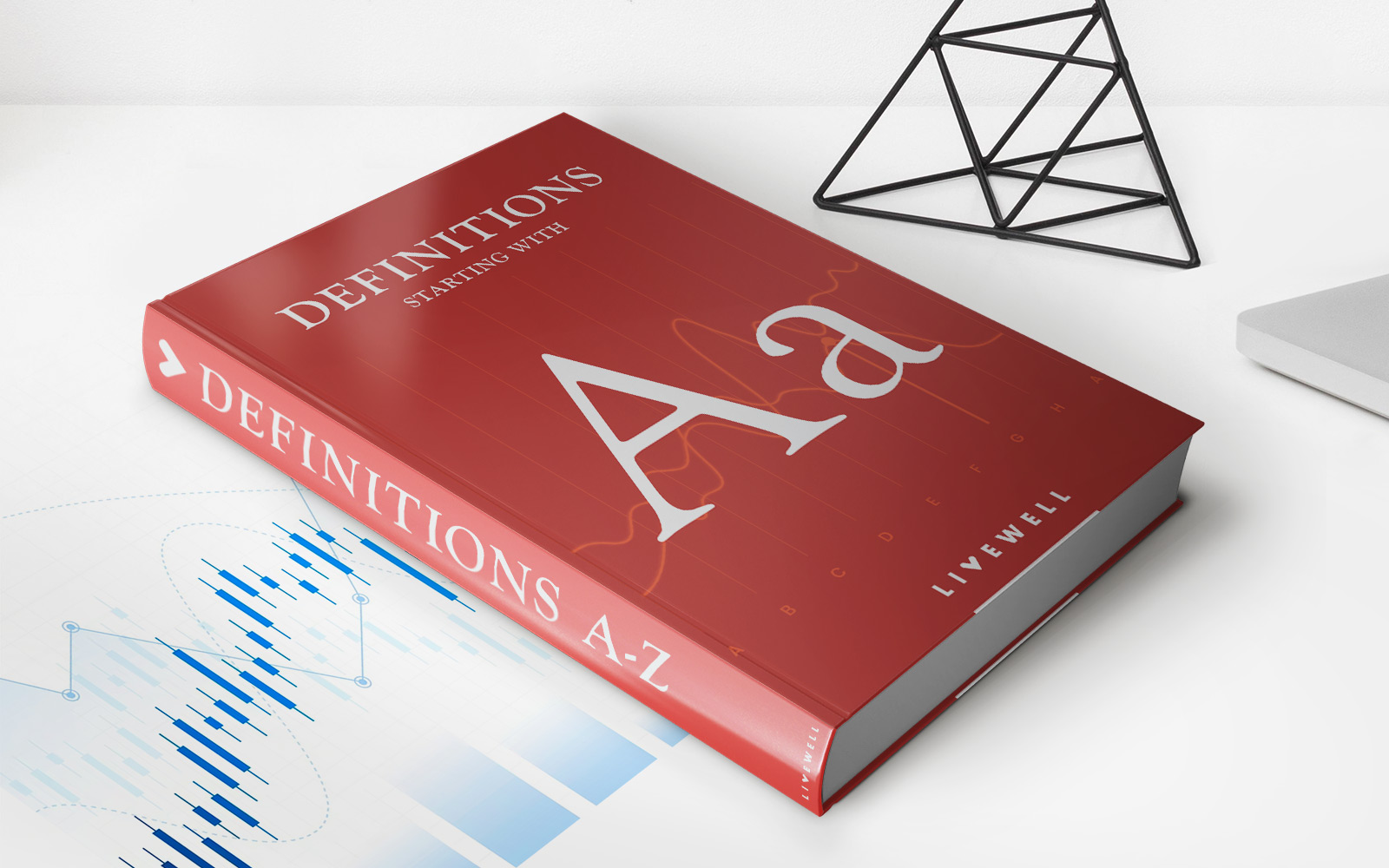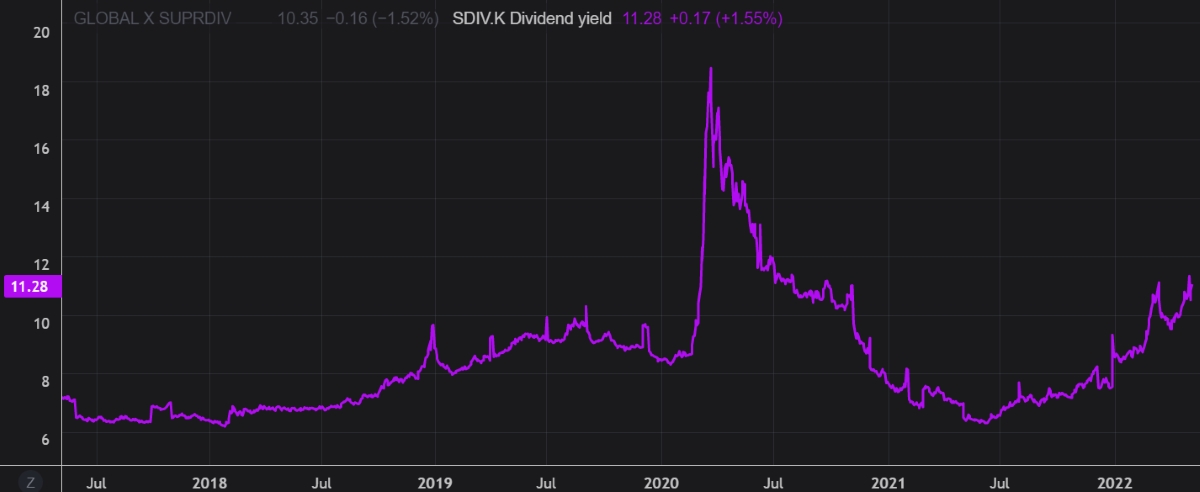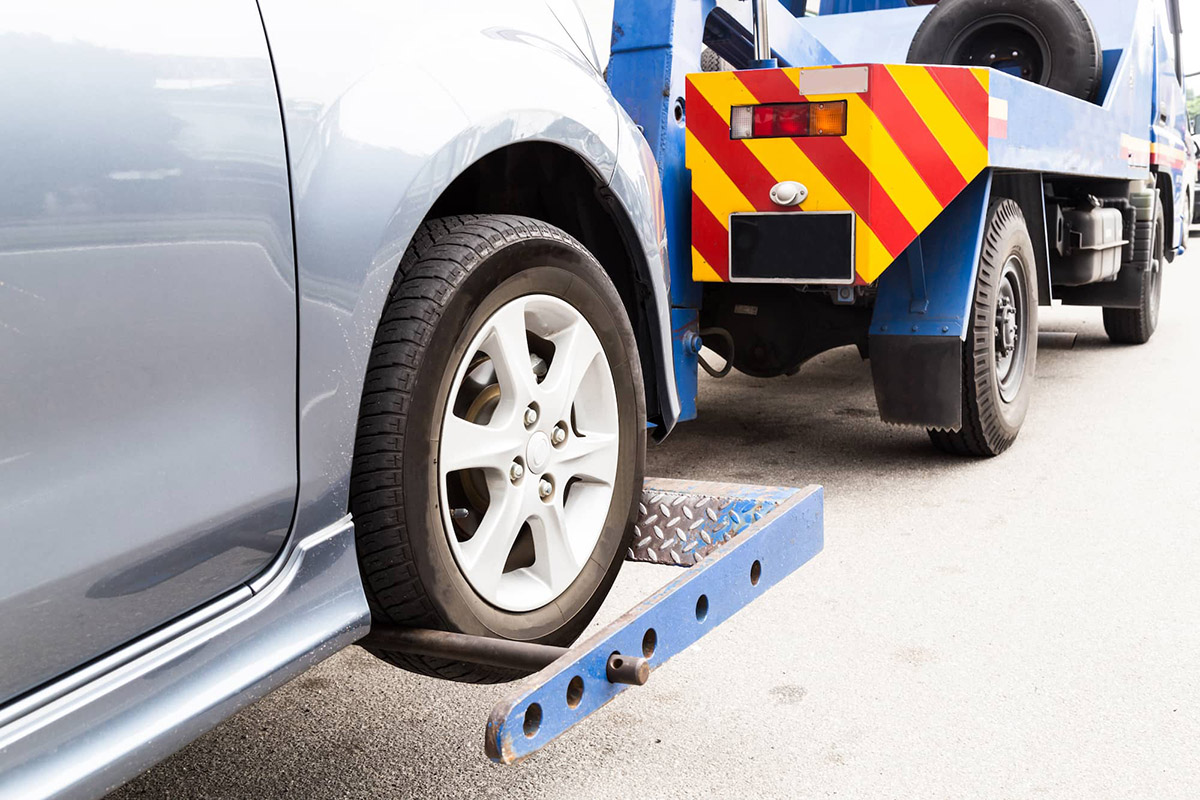

Finance
How Much Is Tow Truck Insurance?
Published: November 17, 2023
Looking for tow truck insurance? Find out how much it costs to insure your tow truck and protect your business with our comprehensive finance guide.
(Many of the links in this article redirect to a specific reviewed product. Your purchase of these products through affiliate links helps to generate commission for LiveWell, at no extra cost. Learn more)
Table of Contents
- Introduction
- Factors Affecting Tow Truck Insurance Rates
- Types of Tow Truck Insurance Coverage
- Liability Coverage
- Physical Damage Coverage
- Garagekeepers Coverage
- On-Hook Coverage
- Workers’ Compensation Coverage
- How Insurance Companies Determine Tow Truck Insurance Rates
- Average Cost of Tow Truck Insurance
- Tips for Finding Affordable Tow Truck Insurance
- Conclusion
Introduction
When operating a tow truck business, it is crucial to protect your assets and ensure the financial stability of your company. One important aspect of this is obtaining the right insurance coverage for your tow trucks. Tow truck insurance provides protection against liabilities, damages, and accidents that may occur while performing towing services.
Tow truck insurance rates can vary significantly depending on several factors, including the type of coverage, the value of the vehicles being insured, the driving record of the drivers, and the location of the business. Understanding these factors and the different types of coverage available is essential for securing the most suitable and cost-effective insurance policy for your tow truck business.
In this article, we will explore the factors that affect tow truck insurance rates, the different types of coverage options available, how insurance companies determine insurance rates, and tips for finding affordable tow truck insurance.
By gaining a comprehensive understanding of tow truck insurance, you can make informed decisions to protect your business and minimize risks. So let’s dive in and learn more about the fascinating world of tow truck insurance and how it can safeguard your financial well-being.
Factors Affecting Tow Truck Insurance Rates
Several factors come into play when insurance companies determine the rates for tow truck insurance. Understanding these factors can help you better comprehend why your insurance premiums may vary. Here are some of the key factors that influence tow truck insurance rates:
- Type of Tow Truck: The type of tow truck you operate can have an impact on your insurance rates. Flatbed tow trucks and wheel lift trucks are generally considered less risky compared to heavy-duty wreckers or rotators.
- Driving Records: The driving records of the tow truck drivers play a significant role in determining insurance rates. Insurance companies will assess the drivers’ history of accidents, traffic violations, and DUI convictions. A clean driving record can result in lower insurance premiums.
- Location: The location of your tow truck business is another important factor. Insurance rates may vary depending on the crime rates and accident statistics in the area where your business operates.
- Experience and Claims History: Insurance companies consider the experience of the tow truck business and its claims history. A business with several years of experience and a clean claims history is generally perceived as less risky, resulting in lower insurance premiums.
- Vehicle Value: The value of the tow trucks you own will impact the insurance rates. Generally, higher-value vehicles require more coverage and attract higher premiums.
- Coverage Limits: The coverage limits you choose for your tow truck insurance policy will also affect the rates. Higher coverage limits will result in higher premiums, but they offer increased protection in the event of an accident or lawsuit.
- Additional Equipment: If you have additional equipment installed on your tow trucks, such as winches or specialized tools, it can impact your insurance rates. The cost to replace or repair this equipment will be factored into the premium calculation.
It’s essential to be aware of these factors as they help insurance companies assess the level of risk associated with insuring your tow truck business. By understanding these variables, you can make informed decisions about your coverage options and work towards obtaining the most competitive rates for your tow truck insurance.
Types of Tow Truck Insurance Coverage
Tow truck insurance offers several types of coverage to protect your business from various risks and liabilities. It’s important to understand these coverage options to ensure you have adequate protection for your tow trucks. Here are the main types of tow truck insurance coverage:
- Liability Coverage: Liability coverage is the foundation of any tow truck insurance policy. It provides financial protection in the event that your tow truck causes damage to another person’s property or injures someone during an accident. There are two types of liability coverage to consider: bodily injury liability, which covers medical expenses and legal costs if someone is injured, and property damage liability, which covers the cost of repairing or replacing damaged property.
- Physical Damage Coverage: Physical damage coverage protects your tow trucks from damage caused by accidents, fire, theft, vandalism, or other covered perils. It typically includes collision coverage, which pays for repairs or replacement of your tow truck if it is damaged in a collision, and comprehensive coverage, which covers non-collision incidents such as theft, fire, or weather-related damage.
- Garagekeepers Coverage: Garagekeepers coverage is essential if you operate a tow truck business that provides storage for vehicles. It protects your customers’ vehicles while they are in your care, custody, and control. If a customer’s vehicle is damaged or stolen while stored at your facility, garagekeepers coverage can help cover the repair or replacement costs.
- On-Hook Coverage: On-hook coverage provides protection for the vehicles that you are towing or transporting. If a vehicle being towed is damaged or stolen while in your care, on-hook coverage can help cover the cost of repairs or replacement. This coverage is crucial for tow truck operators who regularly tow expensive or valuable vehicles.
- Workers’ Compensation Coverage: Workers’ compensation coverage is necessary if you have employees working for your tow truck business. It provides benefits to employees who suffer work-related injuries or illnesses. In many jurisdictions, workers’ compensation insurance is mandatory, and not having it can result in significant financial penalties.
It’s important to evaluate your business needs and risks carefully to determine the appropriate tow truck insurance coverage for your specific situation. Working with an experienced insurance agent who specializes in commercial trucking insurance can help ensure that you have the right coverage in place to protect your tow truck business.
Liability Coverage
Liability coverage is a crucial component of tow truck insurance. It provides financial protection in the event that your tow truck causes damage to another person’s property or causes bodily injury to someone during an accident. Without liability coverage, your business could be held responsible for expensive damages and medical expenses, which could seriously impact your financial stability. Here are the two main types of liability coverage in tow truck insurance:
- Bodily Injury Liability: Bodily injury liability coverage pays for medical expenses, rehabilitation costs, and legal fees if someone is injured in an accident involving your tow truck. This coverage helps protect your business from lawsuits and ensures that injured parties receive the necessary medical treatment without having to personally pay for it. The amount of bodily injury liability coverage you need depends on factors like the size of your business, the number of tow trucks you operate, and the legal requirements in your area.
- Property Damage Liability: Property damage liability coverage covers the cost of repairing or replacing another person’s property that has been damaged by your tow truck. This can include vehicles, fences, buildings, or any other property that may be involved in an accident. Property damage liability coverage is essential because the cost of property damage can be substantial, and without insurance, your business would be responsible for covering those costs out of pocket.
When determining the appropriate amount of liability coverage for your tow truck insurance, it’s important to consider the potential risks and damages your business may encounter. Lawsuits resulting from accidents can lead to significant financial consequences, and having sufficient liability coverage can help protect your assets and ensure your business’s longevity.
Remember, liability coverage is not only crucial for protecting your business but also for complying with legal requirements. Most jurisdictions mandate a minimum level of liability coverage for tow truck businesses. Working closely with an experienced insurance agent can help ensure that you meet all legal requirements and have the appropriate liability coverage to safeguard your business.
Physical Damage Coverage
Physical damage coverage is an important component of tow truck insurance that helps protect your vehicles from a variety of risks. It provides coverage for damages to your tow trucks caused by accidents, theft, fire, vandalism, and other covered perils. Understanding the different aspects of physical damage coverage can help you ensure that your tow trucks are adequately protected. Here are the main components of physical damage coverage:
- Collision Coverage: Collision coverage pays for the repair or replacement of your tow truck if it is damaged as a result of a collision with another vehicle or object. Whether it’s a fender bender or a more severe accident, collision coverage can help cover the costs of repairing or replacing your vehicle. This coverage is especially important as tow trucks are frequently on the road and are more susceptible to collisions.
- Comprehensive Coverage: Comprehensive coverage protects your tow trucks from non-collision incidents, such as theft, fire, vandalism, falling objects, or natural disasters. It covers the cost of repairing or replacing your tow truck in these circumstances, providing financial relief and peace of mind. Given the risks associated with theft and damage from various sources, comprehensive coverage is a valuable component of physical damage coverage.
Obtaining physical damage coverage for your tow trucks ensures that you can quickly repair or replace them if they are damaged or destroyed. This coverage is especially important for tow truck businesses, as the cost of replacing a tow truck can be substantial.
When determining the coverage limits for physical damage coverage, it’s crucial to consider the value of your vehicles and the potential expenses involved in repairs or replacement. Keep in mind that physical damage coverage is typically subject to a deductible, which is the amount you must pay out of pocket before the insurance coverage applies. Choosing an appropriate deductible can help balance the cost of insurance premiums with your ability to cover a portion of the repairs.
Working with an experienced insurance agent who specializes in commercial trucking insurance can help you navigate the complexities of physical damage coverage and ensure that you have the right level of protection for your tow trucks. Adequate coverage not only safeguards your business’s assets but also provides you with the peace of mind to operate your tow truck business with confidence.
Garagekeepers Coverage
Garagekeepers coverage is an essential type of insurance for tow truck businesses that offer storage or parking services for customers’ vehicles. It provides protection for your customers’ vehicles while they are in your care, custody, and control. Whether you operate a towing company with a storage facility or offer short-term parking services, garagekeepers coverage is vital to mitigate the risks associated with potential damage or theft of customers’ vehicles.
Here are some key points to understand about garagekeepers coverage:
- Types of Coverage: Garagekeepers coverage can be divided into two types: direct primary and legal liability. Direct primary coverage provides protection regardless of whether your business is legally liable for any damage or loss to the customer’s vehicle. Legal liability coverage applies only when your business is legally liable for the damage or loss.
- Coverage Limit: Garagekeepers coverage typically has a specified coverage limit, which is the maximum amount the insurance company will payout for damages or losses to the customers’ vehicles. It’s important to carefully evaluate the value of the vehicles stored or parked on your premises to determine the appropriate coverage limit.
- Deductibles: Like other types of insurance coverage, garagekeepers coverage may have a deductible, which is the amount you are responsible for paying before the insurance coverage kicks in. Choosing a deductible that aligns with your financial capabilities is crucial to managing your insurance expenses.
- Risks Covered: Garagekeepers coverage protects against risks such as fire, theft, vandalism, hail, and other covered perils that may result in damage or loss to the customers’ vehicles. It provides the financial means to repair or replace the vehicles, ensuring that your customers’ assets are adequately protected.
Garagekeepers coverage is particularly vital for tow truck businesses that operate storage facilities or provide parking services for customers’ vehicles. Accidents, vandalism, or theft can occur, and without the right insurance coverage, your business could be held financially responsible for the damages.
Working with an experienced insurance agent is crucial to obtaining the appropriate garagekeepers coverage for your specific business needs. An agent can help evaluate the value of the vehicles stored on your premises, determine the coverage limit, and customize a policy that offers comprehensive protection. By securing garagekeepers coverage, you can provide peace of mind to your customers and protect your business from potential financial liabilities.
On-Hook Coverage
On-hook coverage is an important component of tow truck insurance that specifically protects the vehicles you are towing or transporting. It provides coverage for damages that may occur to the vehicles while they are in your care, custody, and control. Whether you operate a towing company or provide transportation services for vehicles, on-hook coverage is crucial to safeguarding both your business and the vehicles you are responsible for. Here’s what you need to know:
- Coverage Details: On-hook coverage pays for damages to the vehicles you are towing or hauling, whether they are damaged in an accident, by fire, theft, or other covered perils. It provides financial protection for the owner of the vehicles and helps cover the cost of repairs or replacement.
- Types of On-Hook Coverage: There are two main types of on-hook coverage: comprehensive on-hook coverage and specified perils on-hook coverage. Comprehensive on-hook coverage offers protection for a wide range of incidents, including collision, fire, theft, vandalism, and more. Specified perils on-hook coverage, on the other hand, provides coverage only for specific listed perils. It’s important to carefully review the coverage details with your insurance agent to choose the most suitable option for your business.
- Coverage Limits: The coverage limits for on-hook coverage represent the maximum amount the insurance company will pay for damages to the vehicles you are towing. It is important to accurately assess the value of the vehicles and set appropriate coverage limits to ensure that you are adequately protected in the event of an accident or loss.
- Additional Considerations: On-hook coverage may also include provisions for roadside assistance, debris removal, or cargo protection. These additional features can vary depending on the insurance policy and the specific needs of your tow truck business. Discuss these options with your insurance agent to ensure you have the coverage that best suits your requirements.
Having on-hook coverage is essential for tow truck operators as it provides protection against potential damages or losses to the vehicles being towed. Accidents can happen, and unforeseen events such as theft or fire can result in substantial financial liabilities. On-hook coverage ensures that your business is protected and helps you fulfill your responsibility for the vehicles under your control.
Working with an experienced insurance agent who specializes in commercial trucking insurance is crucial to understand the nuances of on-hook coverage and secure the right policy for your tow truck business. By having comprehensive on-hook coverage, you can focus on providing exceptional service while having the peace of mind that both your business and the vehicles you tow are adequately protected.
Workers’ Compensation Coverage
Workers’ compensation coverage is a vital component of tow truck insurance, especially if you have employees working for your business. It offers protection to your employees in the event they suffer work-related injuries or illnesses. Workers’ compensation provides essential benefits, including medical expenses, lost wages, rehabilitation costs, and disability benefits, helping your employees recover and get back on their feet.
Here’s what you need to know about workers’ compensation coverage:
- Mandatory Coverage: In many jurisdictions, workers’ compensation insurance is required by law for businesses that have employees. Failure to carry workers’ compensation coverage can result in severe penalties and legal consequences. It is important to understand the legal requirements in your area and ensure that your tow truck business is adequately covered.
- Employee Protection: Workers’ compensation coverage provides financial support and protection for your employees. If an employee is injured while performing their job duties, whether it’s loading a vehicle onto a tow truck or assisting with roadside services, workers’ compensation coverage ensures that they receive the necessary medical treatment and benefits without bearing the financial burden.
- Medical Expenses: Workers’ compensation coverage pays for medical expenses related to work-related injuries or illnesses. This can include doctor visits, hospital stays, surgeries, medications, rehabilitation, and other necessary medical treatments. Having this coverage in place helps ensure that your employees have access to the medical care they need to recover.
- Lost Wages: If an employee is unable to work due to a work-related injury or illness, workers’ compensation coverage provides wage replacement benefits. These benefits typically amount to a percentage of the employee’s average weekly wages, helping them financially while they recover and are unable to work.
- Legal Protection: By providing workers’ compensation coverage to your employees, you also gain legal protection. In general, workers’ compensation coverage prevents employees from suing their employers for work-related injuries or illnesses, limiting your business’s liability.
As a responsible employer, carrying workers’ compensation coverage not only protects your employees but also helps ensure the financial stability of your business. Accidents can happen in the tow truck industry, and having workers’ compensation coverage in place demonstrates your commitment to your employees’ well-being and helps mitigate potential legal and financial risks.
Working with an insurance agent who specializes in commercial trucking insurance can assist you in understanding the specific workers’ compensation requirements in your area and ensure that you have appropriate coverage for your employees. By providing this essential protection, you can foster a safe and secure work environment and prioritize the welfare of your employees.
How Insurance Companies Determine Tow Truck Insurance Rates
Insurance companies calculate tow truck insurance rates based on several factors that assess the level of risk associated with insuring your tow truck business. Understanding these factors can help you comprehend why your insurance premiums may vary. Here are the main considerations that insurance companies use to determine tow truck insurance rates:
- Type of Tow Truck: The type of tow truck you operate can impact your insurance rates. Different types of tow trucks have varying levels of risk, and insurance companies take this into account when determining premiums. For example, flatbed tow trucks and wheel lift trucks are generally considered less risky compared to heavy-duty wreckers or rotators.
- Driving Records: Insurance companies heavily rely on the driving records of the tow truck drivers. Licensing history, previous accidents, traffic violations, and DUI convictions are significant factors that influence rates. Clean driving records with no or minimal violations can result in lower premiums as they indicate a lower risk profile.
- Location: The location of your tow truck business plays a role in determining insurance rates. Insurance companies consider the crime rates and accident statistics in the area where your business operates. Higher crime rates and accident frequencies can result in higher insurance premiums as the risks are perceived to be greater.
- Experience and Claims History: Insurance companies assess the experience level of your tow truck business and its claims history. The number of years in operation and a clean claims history can demonstrate professionalism and risk management practices, potentially resulting in lower insurance premiums.
- Vehicle Value: The value of the tow trucks you are insuring is also a significant factor. Higher-value vehicles require more coverage and are associated with higher premiums. The replacement cost and repair expenses for expensive tow trucks contribute to the higher insurance rates.
- Coverage Limits: The coverage limits you select for your tow truck insurance policy impact the rates. Higher coverage limits result in higher premiums as they provide more extensive protection in the event of an accident or lawsuit. It’s essential to strike a balance between adequate coverage and your budgetary constraints.
- Additional Equipment: If you have additional equipment installed on your tow trucks, such as winches or specialized tools, it can affect your insurance rates. The cost to replace or repair this equipment is factored into the premium calculation.
Insurance companies analyze these factors in combination to assess the overall risk associated with your tow truck business. It’s important to provide accurate and up-to-date information when applying for insurance so that the rates can be determined correctly, and you can obtain the most competitive insurance premium for your business.
By understanding how insurance companies calculate tow truck insurance rates, you can be better prepared to manage your insurance costs and make informed decisions when choosing coverage for your tow truck business.
Average Cost of Tow Truck Insurance
The cost of tow truck insurance can vary significantly depending on several factors, including the type of tow trucks, driving records of the operators, location of the business, coverage limits, and other considerations. While it’s challenging to provide an exact average cost of tow truck insurance due to the wide range of variables involved, we can provide a general idea of what you can expect.
On average, the annual cost of tow truck insurance can range from $5,000 to $15,000 per tow truck. However, these figures can vary significantly depending on factors such as the tow truck business’s size, location, and history. Smaller operations with fewer vehicles may have lower premiums, while larger businesses with a fleet of tow trucks and a high volume of operations may face higher insurance costs.
Other factors that can affect the cost of tow truck insurance include the drivers’ experience and driving records, the value of the tow trucks, the type of coverage chosen, and the coverage limits. Additionally, the location of the business plays a vital role. Tow truck businesses located in areas with higher crime rates or a higher history of accidents may face higher insurance premiums.
It’s important to note that these figures are general averages, and it is crucial to obtain personalized quotes from insurance providers. Working with an experienced insurance agent who specializes in commercial trucking insurance can help you get accurate quotes tailored to your specific business needs.
Furthermore, it’s essential to remember that tow truck insurance is a necessary investment to protect your business from potential liabilities, damages, and accidents. While insurance costs can be a significant expense, having the right coverage is crucial for the financial stability and longevity of your tow truck business.
When considering the cost of tow truck insurance, it’s important to weigh the potential financial risks your business may face without adequate coverage. Having appropriate insurance can help safeguard your business’s assets, provide peace of mind, and protect you from potential lawsuits that could result in substantial financial losses. It’s always recommended to prioritize quality coverage over the cost to ensure comprehensive protection.
Tips for Finding Affordable Tow Truck Insurance
Securing affordable tow truck insurance is essential for the financial stability of your business. While insurance costs can vary, there are steps you can take to find more affordable coverage without compromising on the level of protection. Here are some tips to consider:
- Shop Around: Don’t settle for the first insurance quote you receive. Take the time to shop around and compare quotes from multiple insurance providers. Each company may have different rates and coverage options, so exploring different options allows you to find the best deal.
- Bundle Your Insurance Policies: Consider bundling your tow truck insurance with other insurance policies, such as general liability or property insurance, with the same insurance provider. Insurance companies often offer discounts for multiple policies, resulting in cost savings.
- Consider Higher Deductibles: Choosing a higher deductible can help lower your insurance premiums. However, make sure you can comfortably afford the deductible amount in the event of a claim. Finding the right balance between premiums and deductible is key.
- Improve Driver Safety: Encourage safe driving habits among your tow truck drivers. Insurance companies often offer lower rates to businesses with drivers who have clean driving records. Implement driver safety training programs and regularly monitor driving records to mitigate risks.
- Invest in Safety Measures: Installing safety features on your tow trucks, such as alarms, GPS tracking systems, and cameras, can lower your insurance premiums. These measures demonstrate a commitment to risk reduction and can result in discounts from insurance providers.
- Implement Risk Management Practices: Develop and implement risk management strategies in your tow truck business. This includes proper vehicle maintenance, regular safety inspections, and establishing protocols for safe towing operations. Demonstrating your commitment to risk reduction can help lower insurance rates.
- Consider Pay-As-You-Go Insurance: Pay-as-you-go insurance policies can be a cost-effective option for tow truck businesses. These policies charge premiums based on the mileage or time your tow trucks are in operation, which can lead to potential savings if your vehicles are not in use year-round or if you have seasonal fluctuations in business.
- Review your Policy Annually: Regularly review your policy with an insurance agent to ensure that you have appropriate coverage for your changing business needs. As your business evolves, your insurance requirements may change, and a policy review can help identify potential savings or coverage enhancements.
These tips can help you find more affordable tow truck insurance options. However, it’s important to strike a balance between cost and comprehensive coverage. Working with an experienced insurance agent who specializes in commercial trucking insurance can provide valuable guidance and help you navigate the complexities of insurance coverage to find the most suitable and cost-effective policy for your tow truck business.
Conclusion
As a tow truck business owner, securing the right insurance coverage is vital for protecting your business, assets, and employees. Tow truck insurance provides financial protection against liabilities, damages, and accidents that may occur during towing operations. Understanding the various types of coverage and the factors that influence insurance rates is essential when selecting the right policy for your tow truck business.
The factors that affect tow truck insurance rates include the type of tow truck, driving records of operators, location of the business, experience and claims history, vehicle value, coverage limits, and additional equipment. Insurance companies carefully assess these factors to determine the level of risk associated with insuring your business.
Tow truck insurance offers different types of coverage, including liability coverage, physical damage coverage, garagekeepers coverage, on-hook coverage, and workers’ compensation coverage. Combining these coverages appropriately ensures that your tow truck business is adequately protected from various risks and liabilities.
When seeking tow truck insurance, it’s important to consider affordability. By shopping around, bundling policies, considering higher deductibles, encouraging driver safety, investing in safety measures, implementing risk management practices, utilizing pay-as-you-go options, and regularly reviewing your policy, you can find more affordable insurance options without compromising on coverage quality.
Remember, tow truck insurance costs can vary based on multiple factors, and the average cost ranges from $5,000 to $15,000 per tow truck annually. However, these figures are general estimates, and personalized quotes will provide a more accurate assessment of the costs for your specific business.
By prioritizing comprehensive coverage, maintaining open communication with your insurance agent, and staying updated on industry regulations and requirements, you can ensure that your tow truck business is adequately protected and financially secure against potential risks and liabilities.
To make informed decisions regarding tow truck insurance, it’s recommended to consult with an experienced insurance agent specializing in commercial trucking insurance. They can provide valuable guidance tailored to your specific business needs and help you navigate the complexities of insurance coverage, allowing you to focus on operating your tow truck business with peace of mind.
